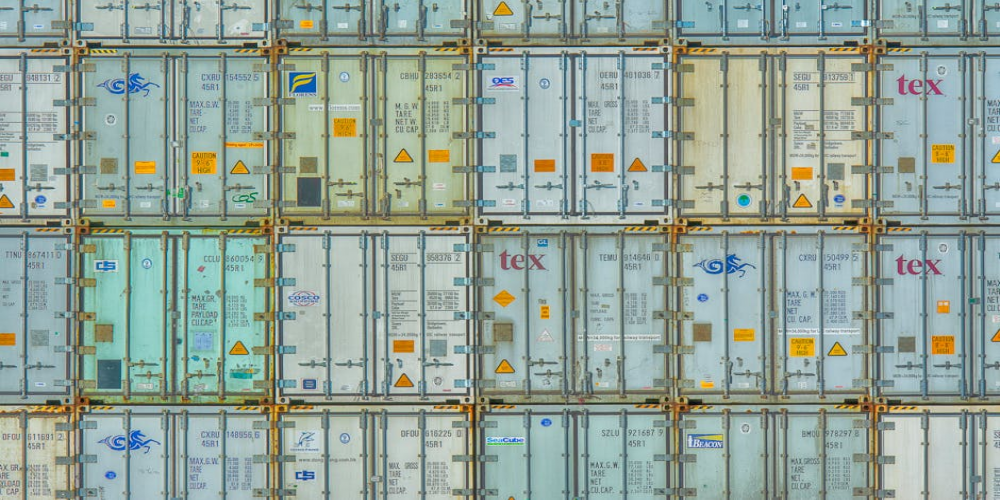
Market Overview
Global coffee markets are experiencing heightened volatility driven by a confluence of factors impacting supply chains from bean to cup, according to industry analysts. Recent weather patterns in key growing regions, particularly Brazil and Vietnam, have significantly reduced anticipated harvests, creating a fundamental supply shortage. Logistical bottlenecks, exacerbated by geopolitical tensions and ongoing container shipping delays, are further compounding the issue, increasing transportation costs and extending delivery times. This situation is impacting both Arabica and Robusta coffee varieties, though Robusta, often used in instant coffee and blends, appears particularly vulnerable due to concentrated production areas. The resulting uncertainty has prompted increased speculative activity within commodity futures markets, amplifying price fluctuations.
Trading Implications
Traders are closely monitoring weather forecasts and production reports from the International Coffee Organization for signals of potential relief, but near-term prospects remain challenging. Opportunities exist for those employing hedging strategies to mitigate risk, particularly for businesses reliant on consistent coffee supplies. However, the unpredictable nature of the current environment demands caution, and leveraged positions carry substantial risk. Increased volatility suggests a potential for short-term trading gains, but requires sophisticated risk management and a deep understanding of the underlying fundamentals. Companies involved in the coffee supply chain are likely to prioritize securing long-term contracts with producers to ensure access to beans.
Key Insights
The current coffee market situation underscores the fragility of global supply chains and the increasing impact of climate change on agricultural commodities. Experts predict that these pressures are unlikely to abate quickly, suggesting sustained price volatility for the foreseeable future. Consumers should anticipate continued elevated costs for coffee products, potentially leading to shifts in consumption patterns towards more affordable alternatives. Further investment in sustainable farming practices and diversification of coffee-growing regions will be crucial to building resilience within the industry. Analysts believe that the situation highlights the need for greater transparency and collaboration across the entire coffee supply chain, from farmers to retailers, to navigate these complex challenges.